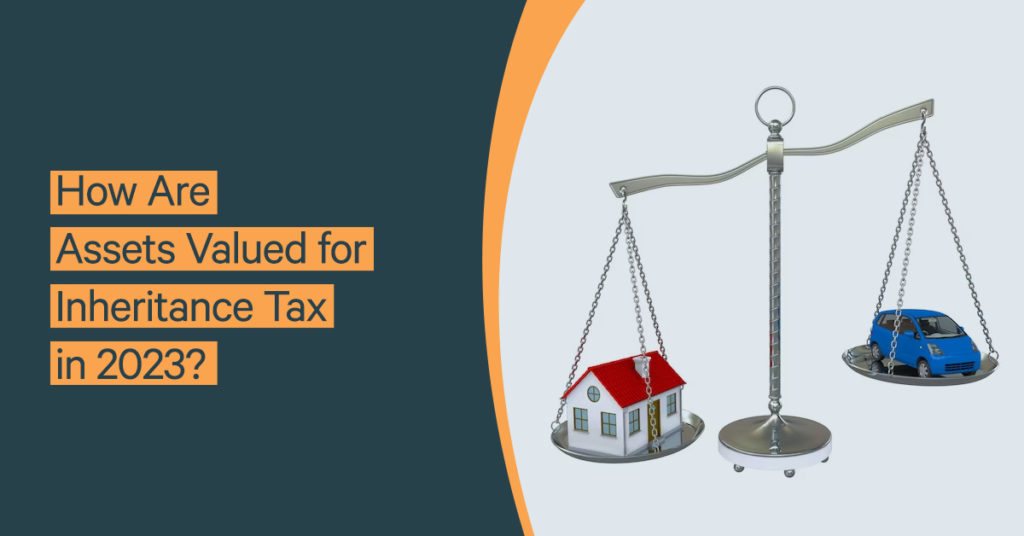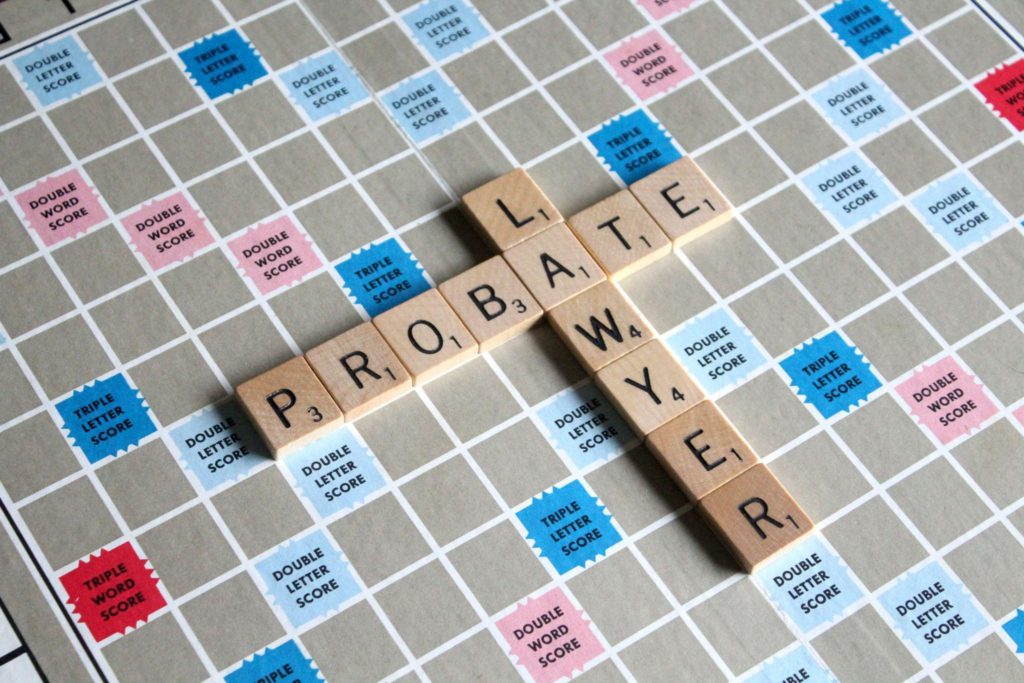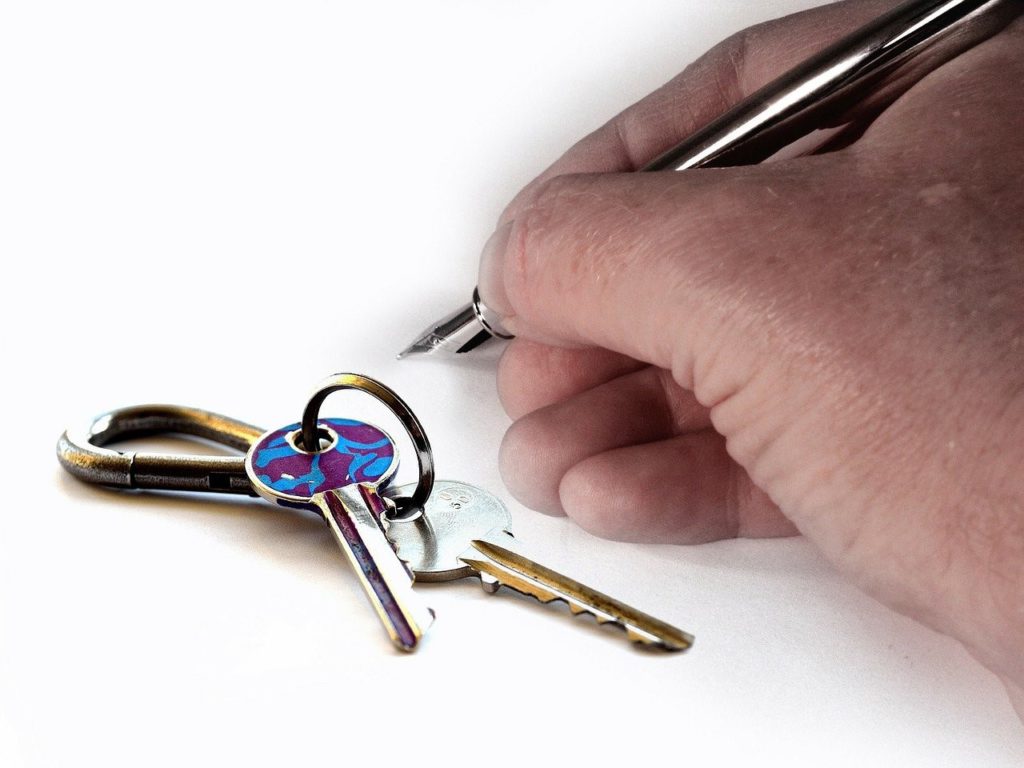
When somebody passes away, their estate is sold and distributed by a nominated executor who is going to be responsible for valuing the assets and selling them in the most appropriate way. The valuation process includes the valuation of everything that the individual owned at the time of their debt, minus any of the outstanding debts that they had.
Why Does an Estate Need to Be Valued?
There are a number of reasons as to why an estate needs to be appropriately valued. These include the following:
- The value of the estate is necessary in order to make a proper probate application.
- The value will tell you whether or not inheritance tax needs to be paid (and if so, how much needs to be paid).
- Certain aspects need to be properly valued to calculate the Capital Gains Tax which is needed on any assets which have increased in value since the deceased’s passing away.
- Finally, valuing the estate makes it possible to ensure that all of the necessary debts are going to be paid correctly by the estate and that what can be distributed to the beneficiaries will also be accurate.
The gross value of the estate is the value of all the assets combined. The total value is everything before funeral expenses, mortgages and debts are deducted. The net estate value is the amount left over once liabilities like funeral expenses and debts have been paid prior to any exemptions applied by inheritance tax.
When is an Estate Valued for Probate?
When the executor of the Will is going through the probate process, one of the first things that need to be done is the value of the estate has to be calculated. This is due to the fact a grant of probate needs to be obtained in order for the distribution of assets to take place and a grant cannot be obtained until Inheritance Tax forms have been completed. Naturally, to calculate the value of inheritance tax, the value of the estate needs to be understood.
If Inheritance Tax has to be paid on the estate then this should be done towards the end of a six-month period after the individual has passed away. It can take months to get an estate valued and therefore, it should be done as soon as possible. There are even some instances where you might have to pay tax before the valuing of the estate is even finished.
Valuing the Estate for Inheritance Tax
One of the most important reasons why the value of an estate needs to be accurately calculated is because it will help determine whether or not Inheritance Tax is due and if so, how much Inheritance Tax is due. Every estate has a tax-free allowance, this essentially means that anything under a certain limit (or threshold) will not be subject to Inheritance Tax. Currently, the relevant threshold for an estate to become non-taxable (as set out by HM Revenue & Customs) is £325,000.
There also might be another £175,000 tax-free allowance that people could be eligible for depending on whether they are passing down their home to their children or grandchildren. This specific tax allowance is called the residence nil rate band. There are also a number of different Inheritance Tax exemptions that might be applied, it depends on the estate and also who the estate is being inherited from. For instance, if anything is being left to either a charity or to the deceased’s spouse then this isn’t going to be liable for Inheritance Tax.
Valuing Different Parts of the Estate
Some of the main parts of the estate that need to be valued are the assets which make up the estate as well as lifetime gifts and also liabilities/debts that are owed.
When an asset is valued it has to be done so at an open market value. The open market value is the price that an asset might fetch if it was sold on the market at the time of death. The selling price has to be realistic as opposed to being an insurance value or a replacement value.
The different assets that make up the estate include anything which was owned either solely or in distinct shares by the deceased. It also includes anything which was owed to the deceased such as unpaid wages. Different assets which form the value of the estate include the following:
- Leftover money in bank accounts
- Land and property
- Personal possessions
- Business assets
How Is an Estate Valued?
The first thing that needs to be done is a list of all of the deceased’s assets, debts and tax gifts that aren’t exempt from seven years before their death should be prepared. This information isn’t always readily on hand and as such, research is required beforehand so that people can find out the value of different assets.
You should start by going through the paperwork which is available and also speak to family members, professionals and also friends who might be able to help you. Be prepared as chances are you are going to need to prove you have the right authority to request such information as a lot of it is confidential.
Some of the different people and organisations that you need to write to in order to find out more about the deceased’s assets include:
- Banks and building societies
- Pension providers
- The deceased’s employer
- Companies that the deceased had shares in
- Organisations which are holding assets in a trust
- Life insurance providers
- Friends and family members
Do You Need Help with Estate Valuation
If you are currently trying to apply for probate and need to pay inheritance tax and need help with valuing an estate, at Probates Online we are able to help. We will sit down and have a look at the estate with you and help to apply for probate and value it. If you have any questions or require any further information then do not hesitate to get in touch.






